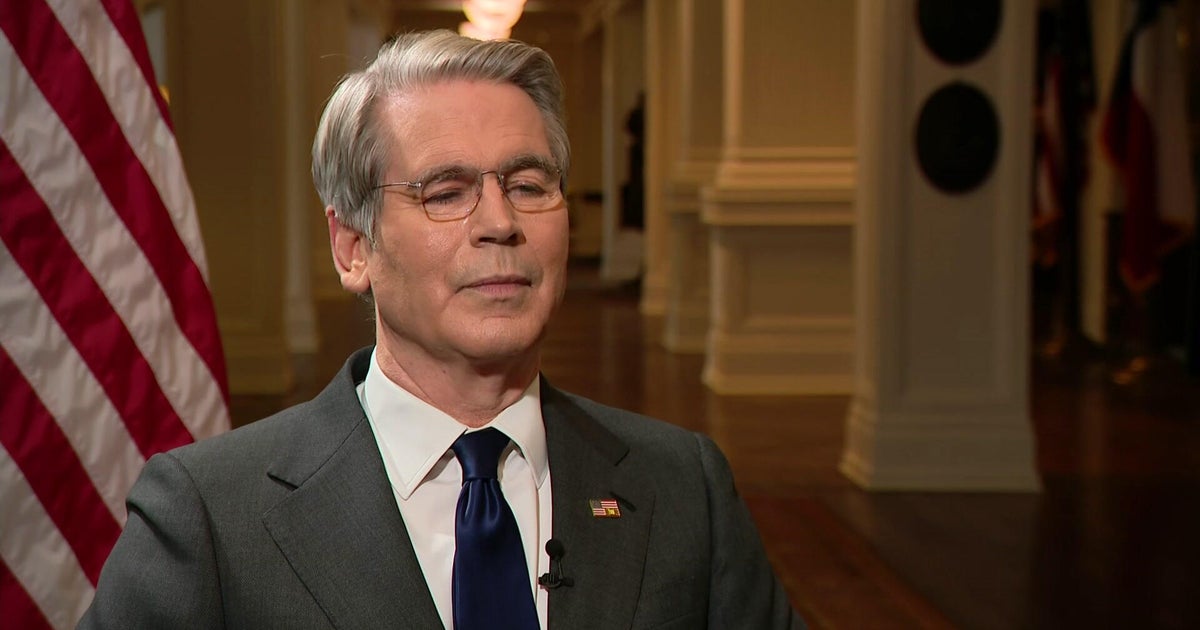Movie Review: 'Emperor'
By Bill Wine
KYW Newsradio 1060
PHILADELPHIA (CBS) -- "We must be seen as liberators, not conquerors," says Gen. Douglas MacArthur at the beginning of the post-World War II drama Emperor, during the American occupation of Japan just after Emperor Hirohito's surrender.
MacArthur is played by the estimable Tommy Lee Jones as an authoritarian military leader who seems to see himself as an emperor of sorts, and it's only when he's on screen as the Supreme Commander of the Allied Forces that the film comes alive.
That said, there's probably a little too much Tommy Lee Jones in his rendering of MacArthur, however entertaining it might be to watch.
Besides, it's only a supporting role anyway, crucial but limited, so it doesn't stop us from noticing how stilted and drab the drama is when he's off screen, which is often and for long stretches.
Emperor, a based-on-truth-but-semi-fictionalized period piece, is anchored by Matthew Fox -- best known for the TV series "Lost" -– and his performance as the real-life military intelligence officer Gen. Bonner Fellers falls so far short of commanding or compelling that the film seems hollow.
At the outset, Fellers is commanded by MacArthur to investigate over the next ten days whether or not the United States government should arrest, prosecute, and probably execute Hirohito (Takataro Kataoka) for war crimes, particularly the bombing of Pearl Harbor.
Emotionally complicating this assignment for Fellers is his desire to find Aya, the Japanese woman he fell in love with before the war (played by Eriko Hatsuno), whom he desperately hopes survived the US bombing of Japan.
This romantic relationship would appear to be the film's primary fictional element, added for commercial reasons. And although we get to know her -– slightly -– via flashbacks, they feel like interruptions and don't exactly spike the film's narrative momentum.
Meanwhile, a fellow officer attempts to discredit Fellers in the eyes of MacArthur because of his connections to Japan.
Director Peter Webber (Girl with a Pearl Earring, Hannibal Rising), working from an interesting if unexciting and redundant script by David Klass and Vera Blasi that's based on His Majesty's Salvation by Shiro Okamoto, explores the elusiveness and complexity of Japanese culture while raising questions about global intervention on the part of the US.
But the film never strikes a dramatically satisfying balance between the emperor's-culpability thrust and the personal backstory.
So we'll surrender 2 stars out of 4 for this earnest historical war drama. Emperor doesn't need an emperor, but it could use a more dynamic leading man.







